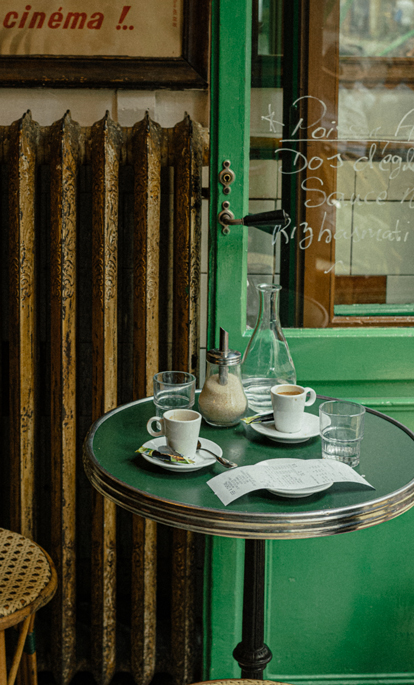
A few suggestions to get the holiday planning process started
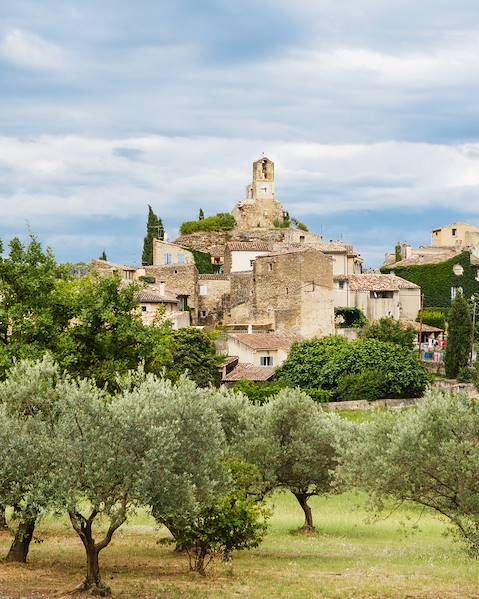
This summer, take to the road as a couple or as a whole family, in the land of endless sunshine, fields of lavender and delicious food and wine
8 days, from £1445 to £2145
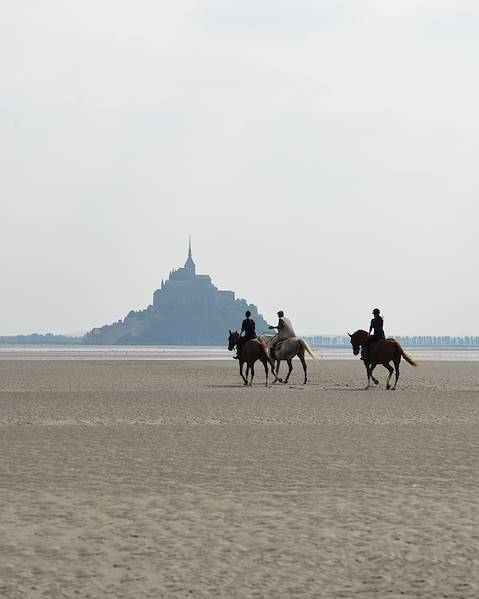
Drive your own car, taking the Eurotunnel car-carrying train from Folkstone to Calais
9 days, from £2320 to £3700
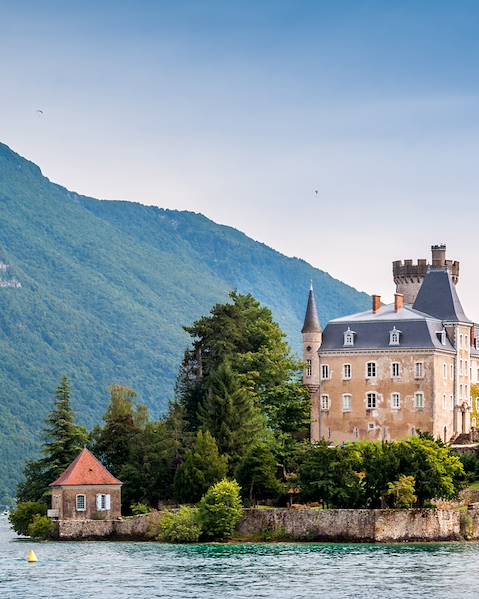
Soak up the different atmospheres (and cuisines) along the way, from the secret alleyways of Vieux Lyon (literally 'Old Lyon') to Mont Blanc
9 days, from £1485 to £2370
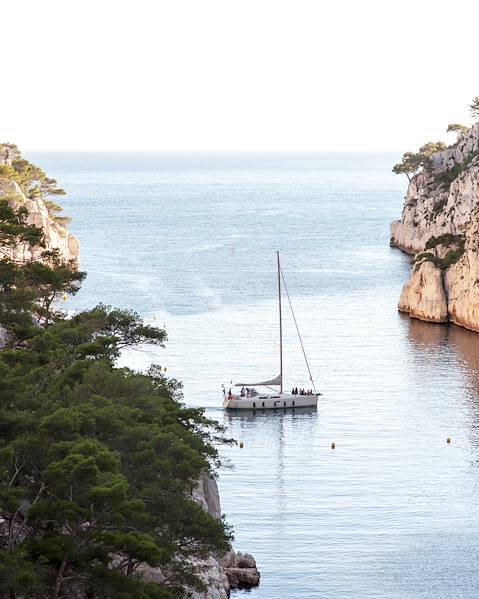
Travel from London to the spa-town of Vichy in less than a day, and spend the evening exploring the stylish and architectural city
12 days, from £3150 to £5035
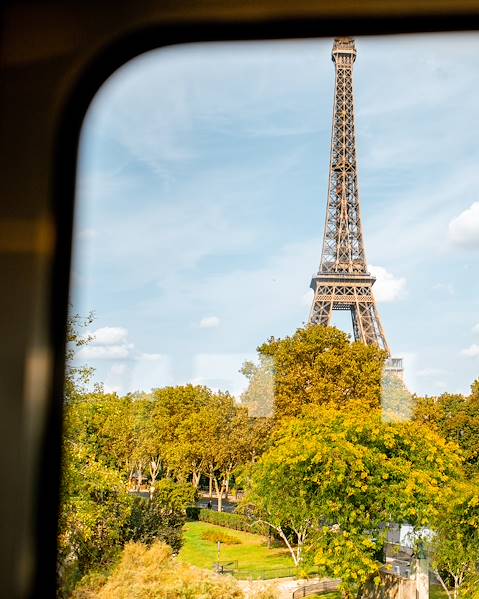
Discover the delights of Paris on a private guided tour.
4 days, from £860 to £1370
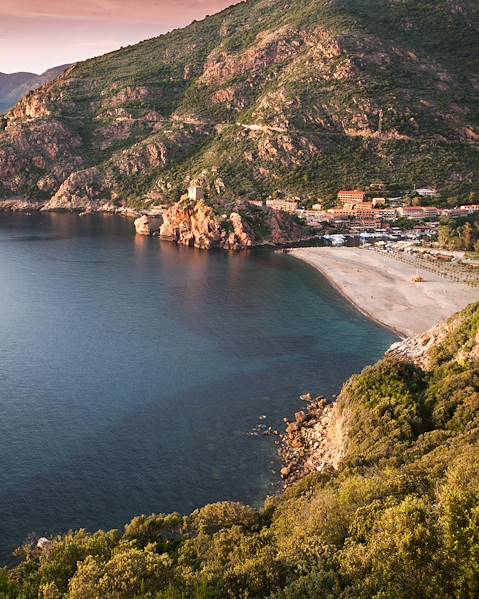
Embark on a road trip around Corsica, cruising between fragrant maquis (scrubland) and crystal clear waters and stopping at two charming hotels
7 days, from £1935 to £2680
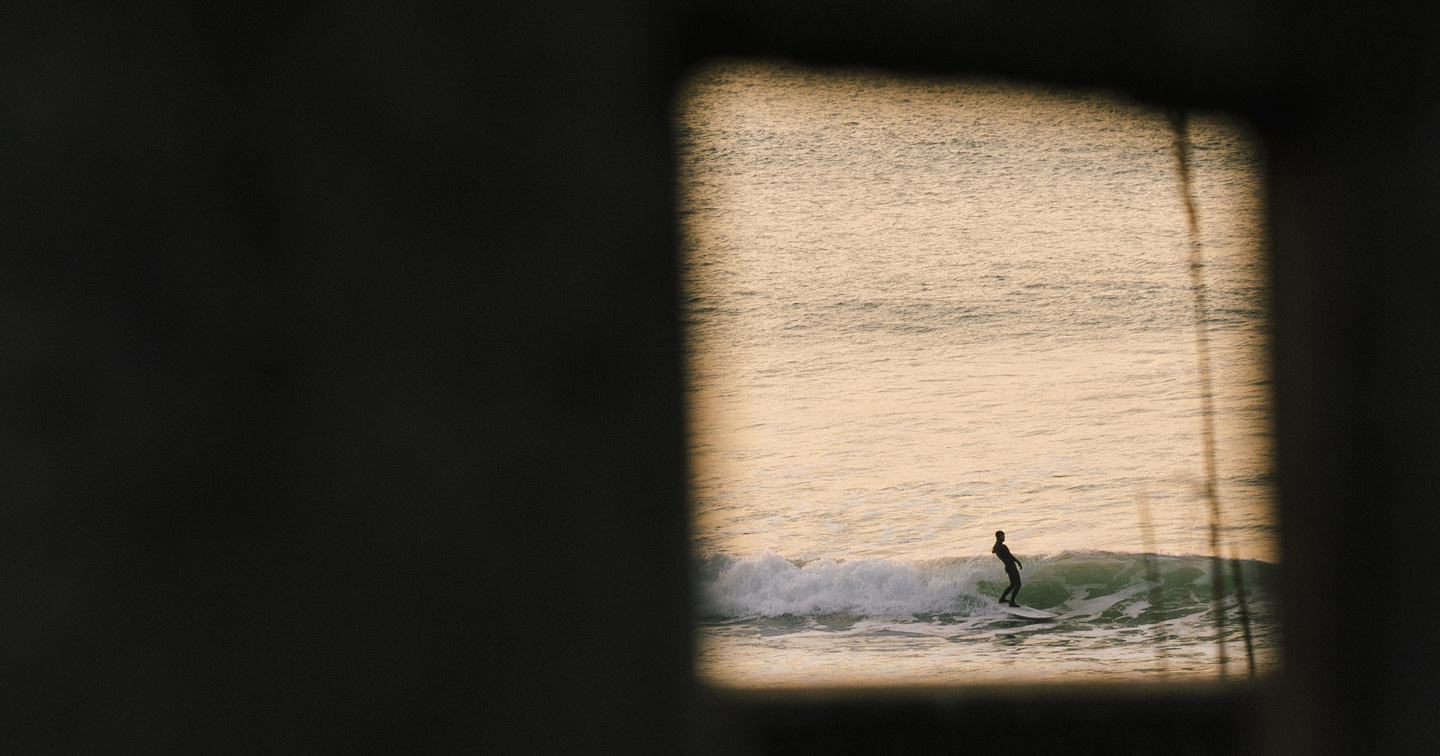
Given our parent company, Voyageurs du Monde, are based in Paris, our French travel tips are second to none, and are constantly being updated with local knowledge. Supplemented by this first-hand expertise, our well-travelled team can tailor itineraries to your preferences... think the likes of wine-tasting tours organised by our Conde Nast Wine Regions Specialist, cheese-making in the mountains or tours of Paris in a vintage car. Equipped with nothing but school-level French? Fear not; our trusty Concierges and guides are on hand in places like Corsica, where English speakers are scarce.
ENQUIRE NOW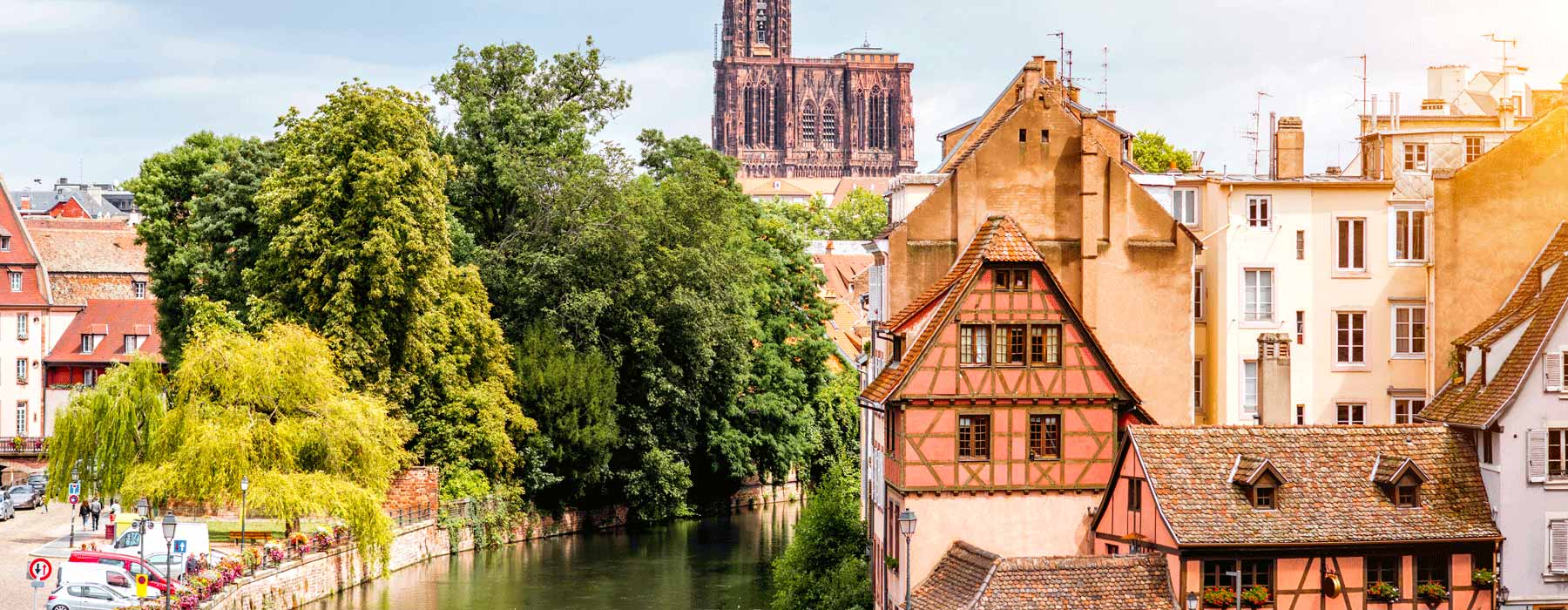
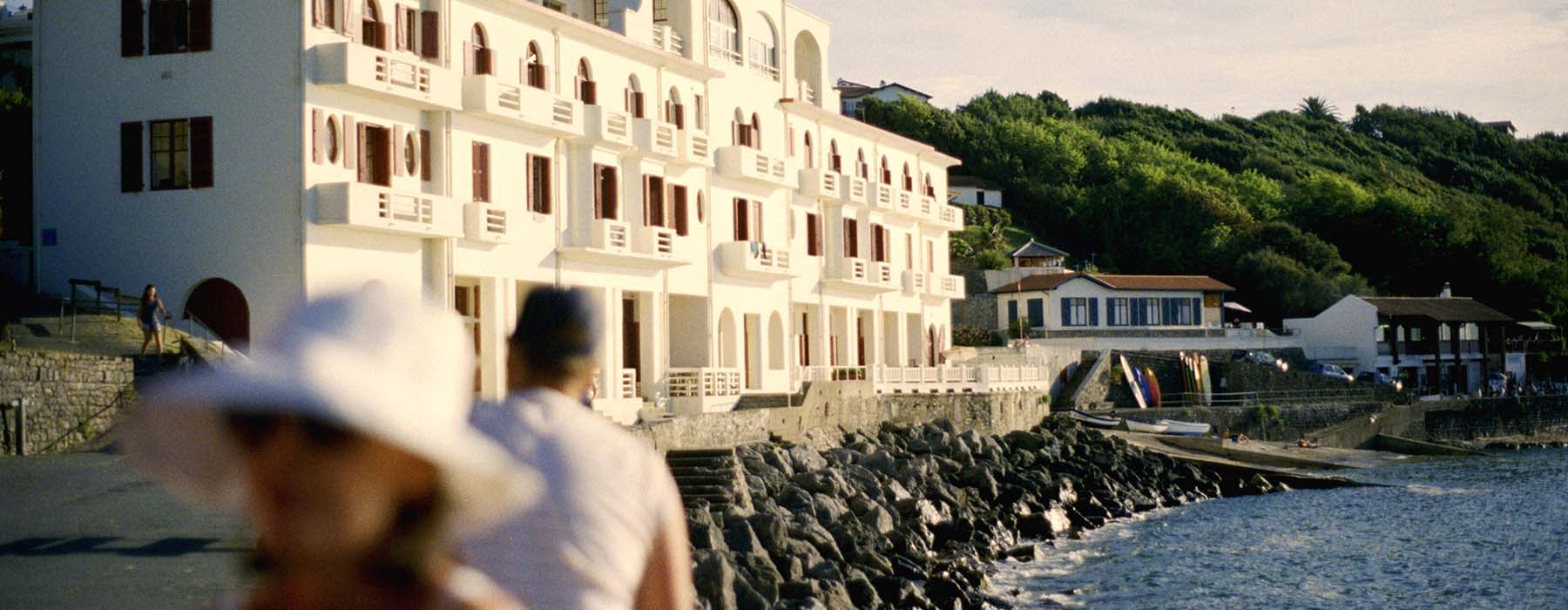
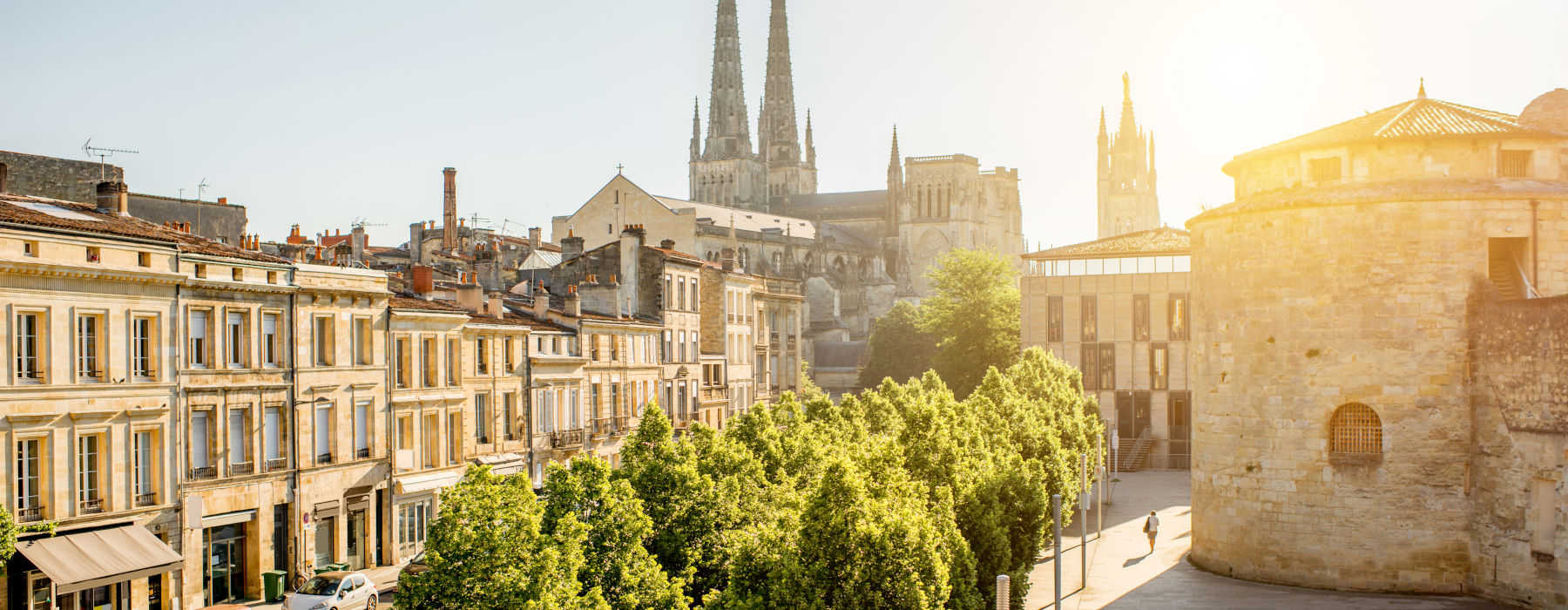
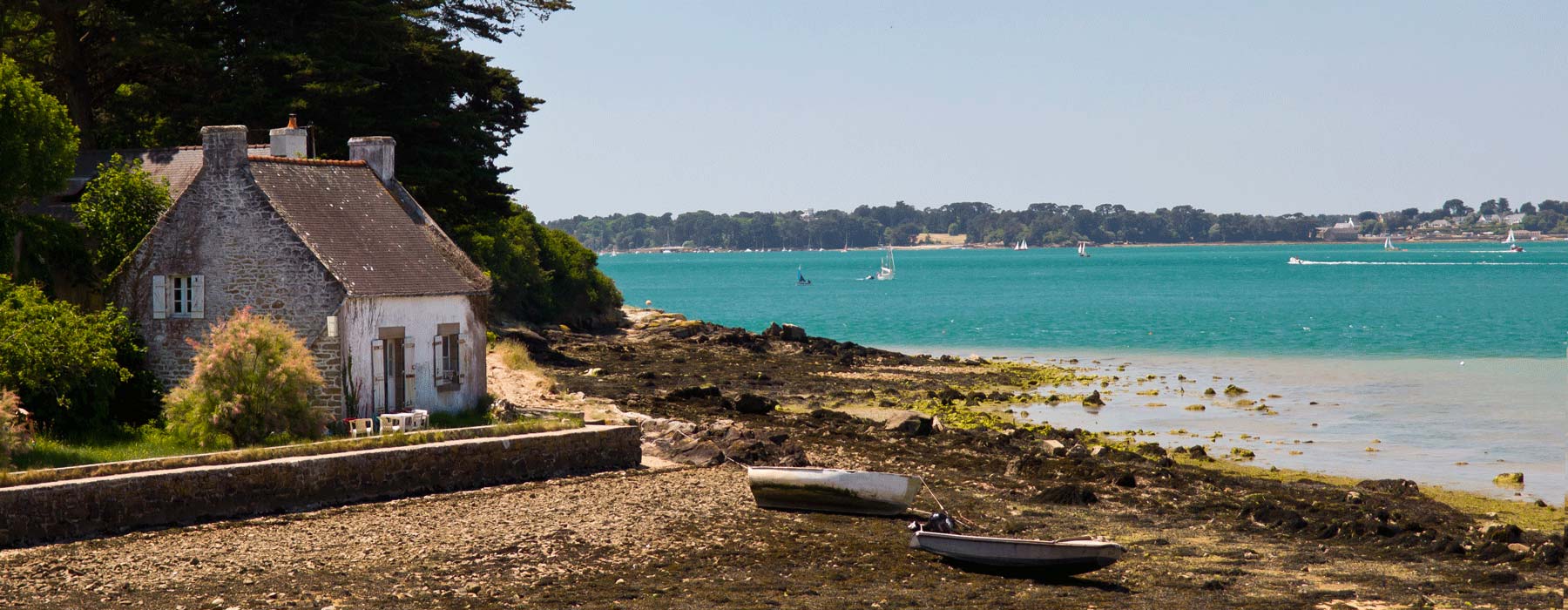
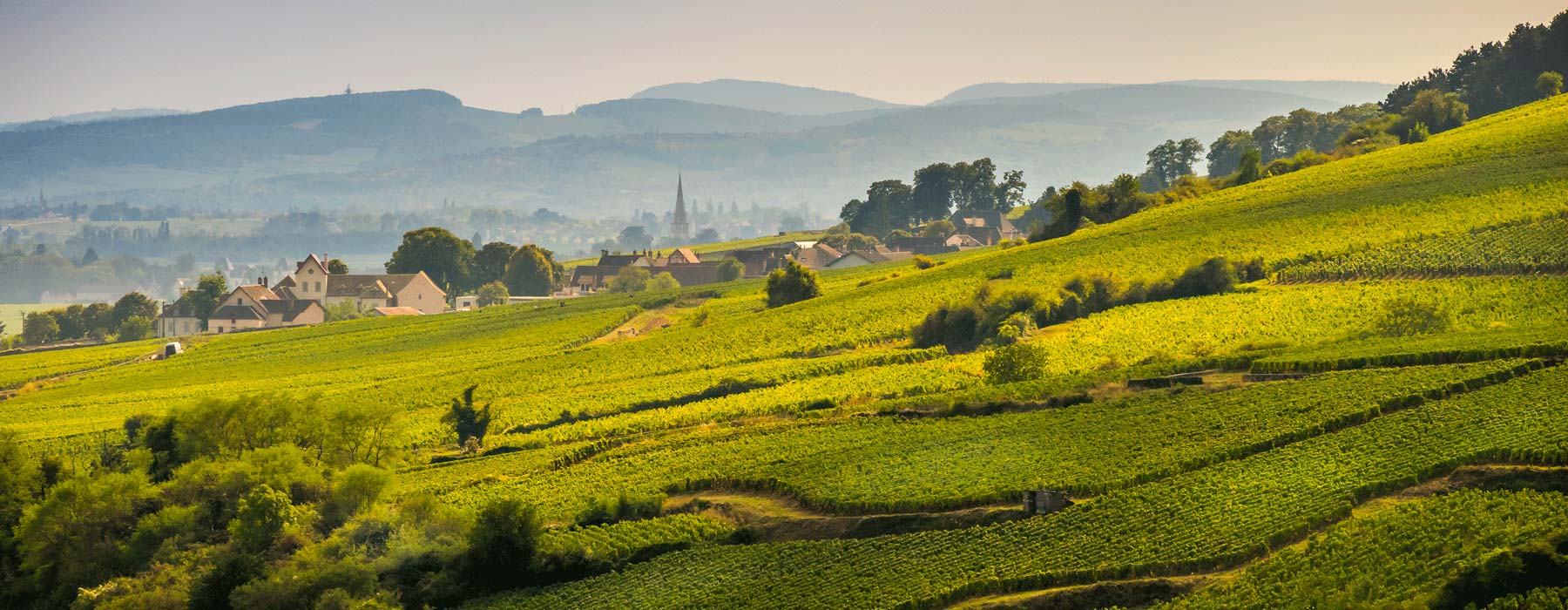
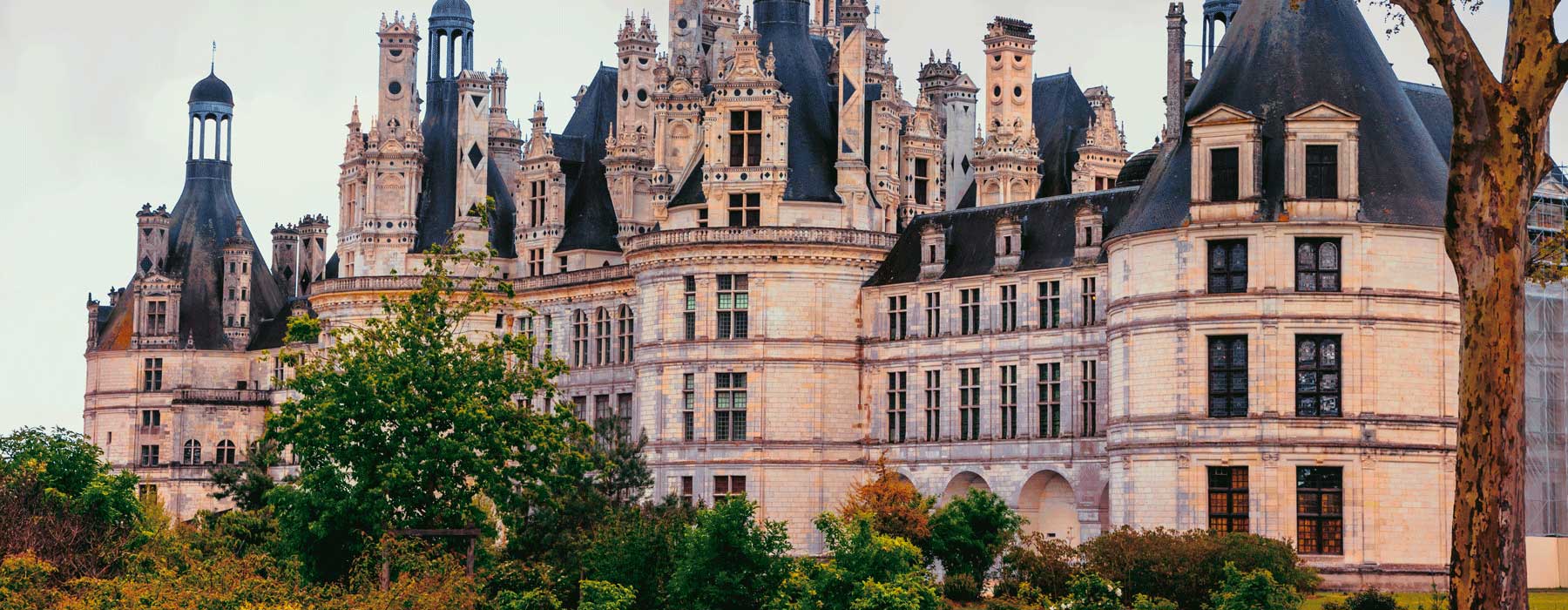
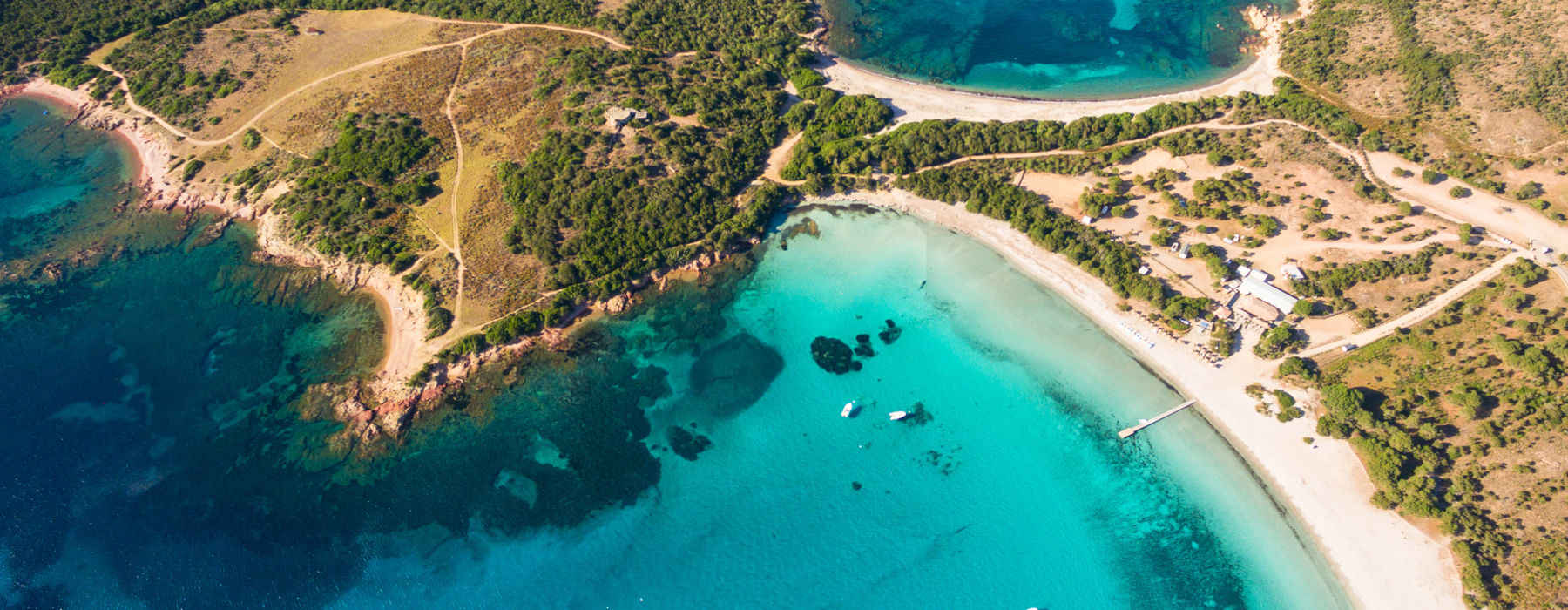
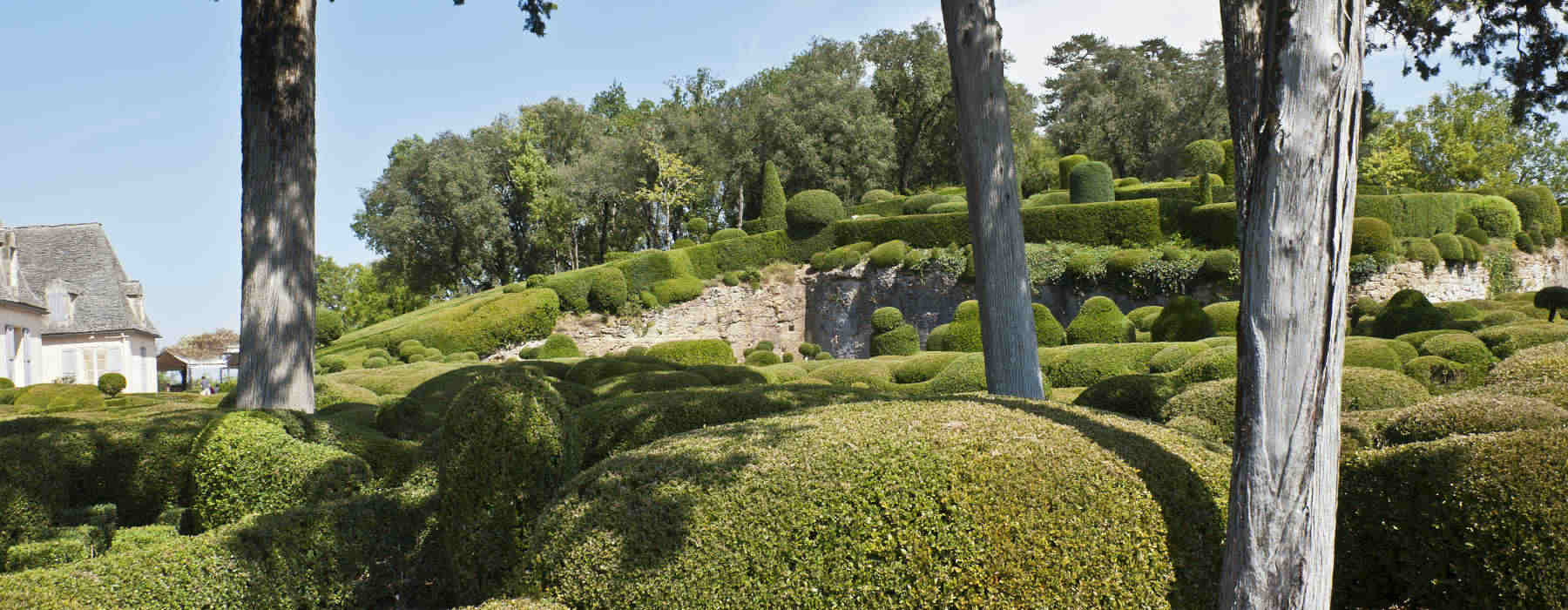
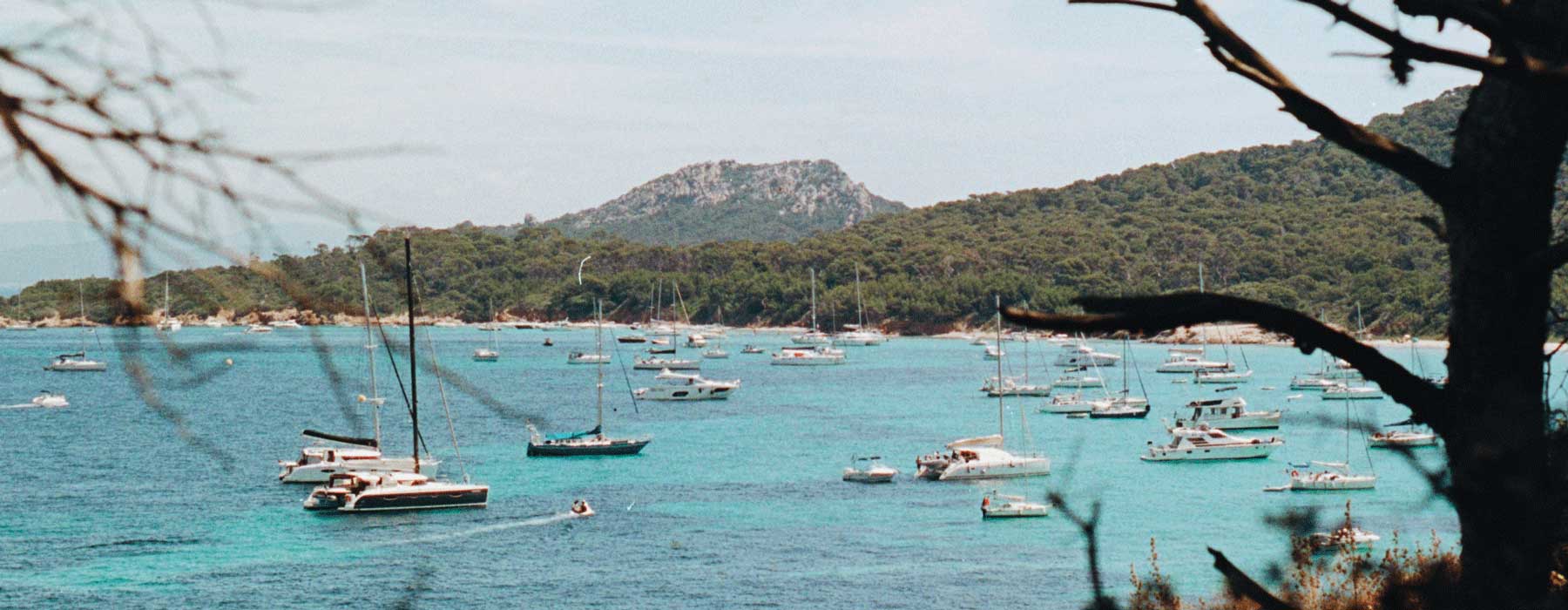

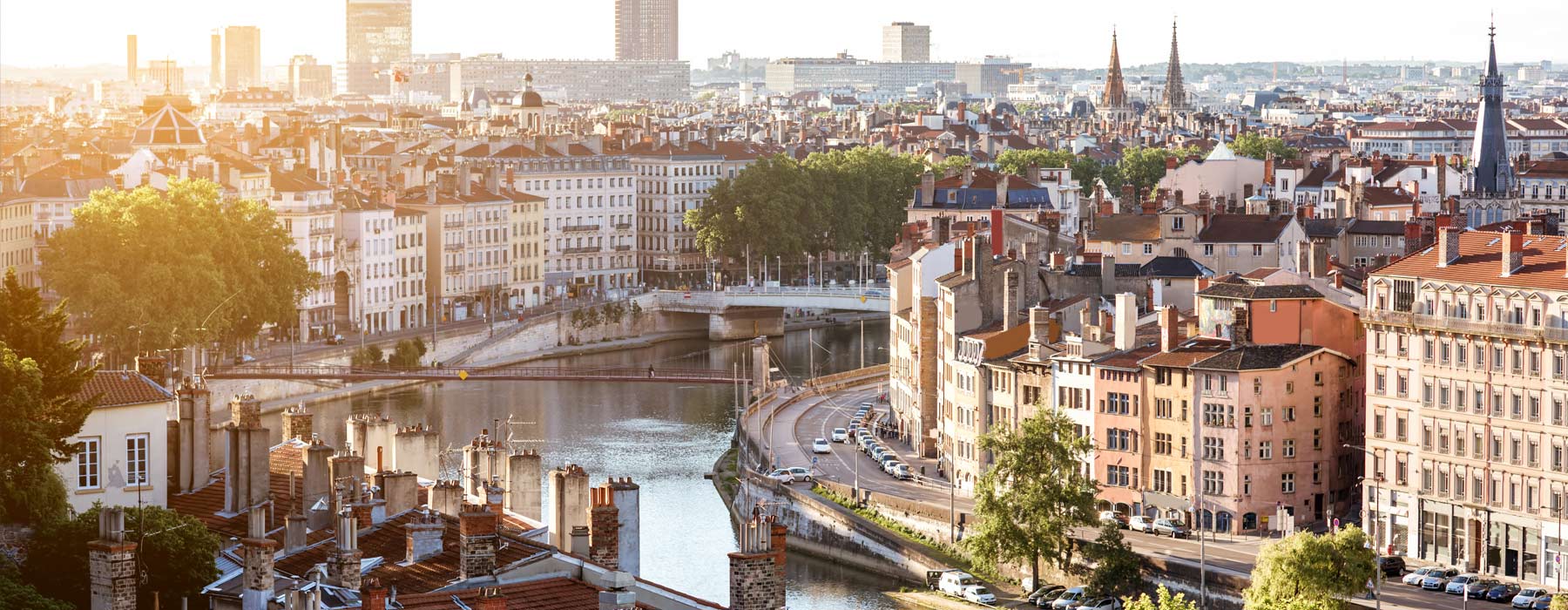
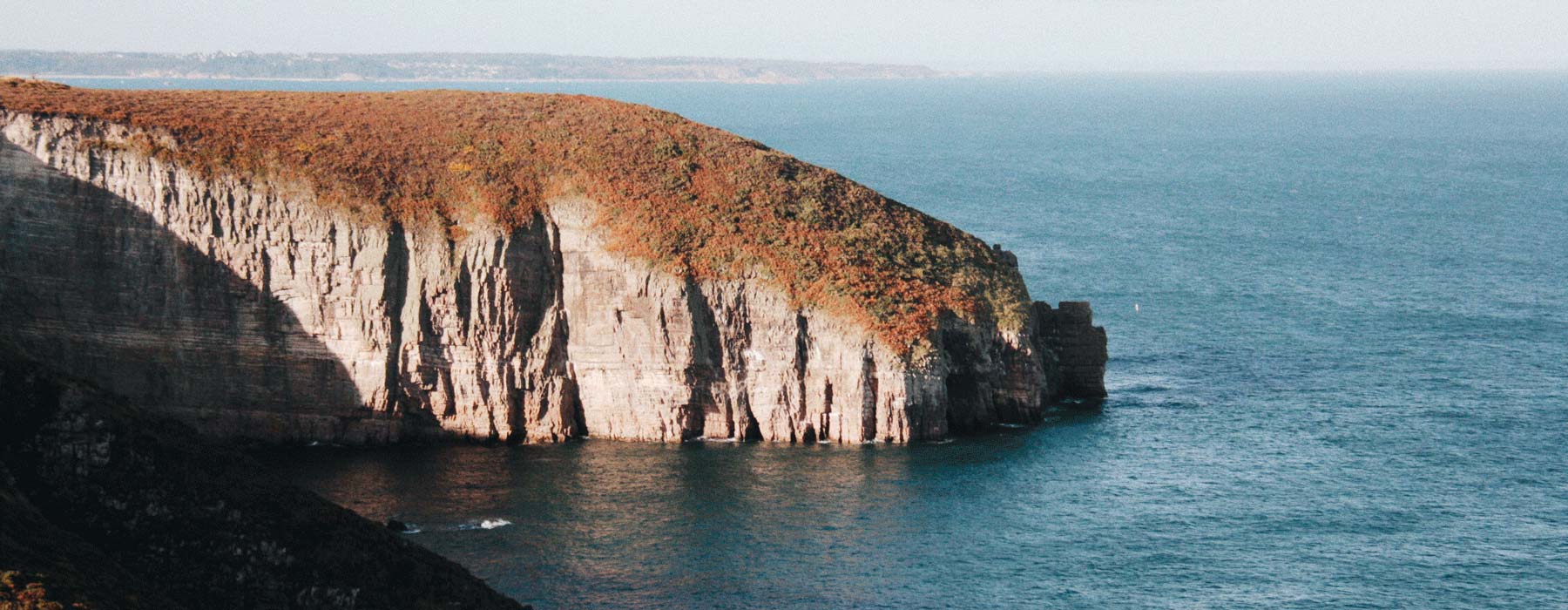
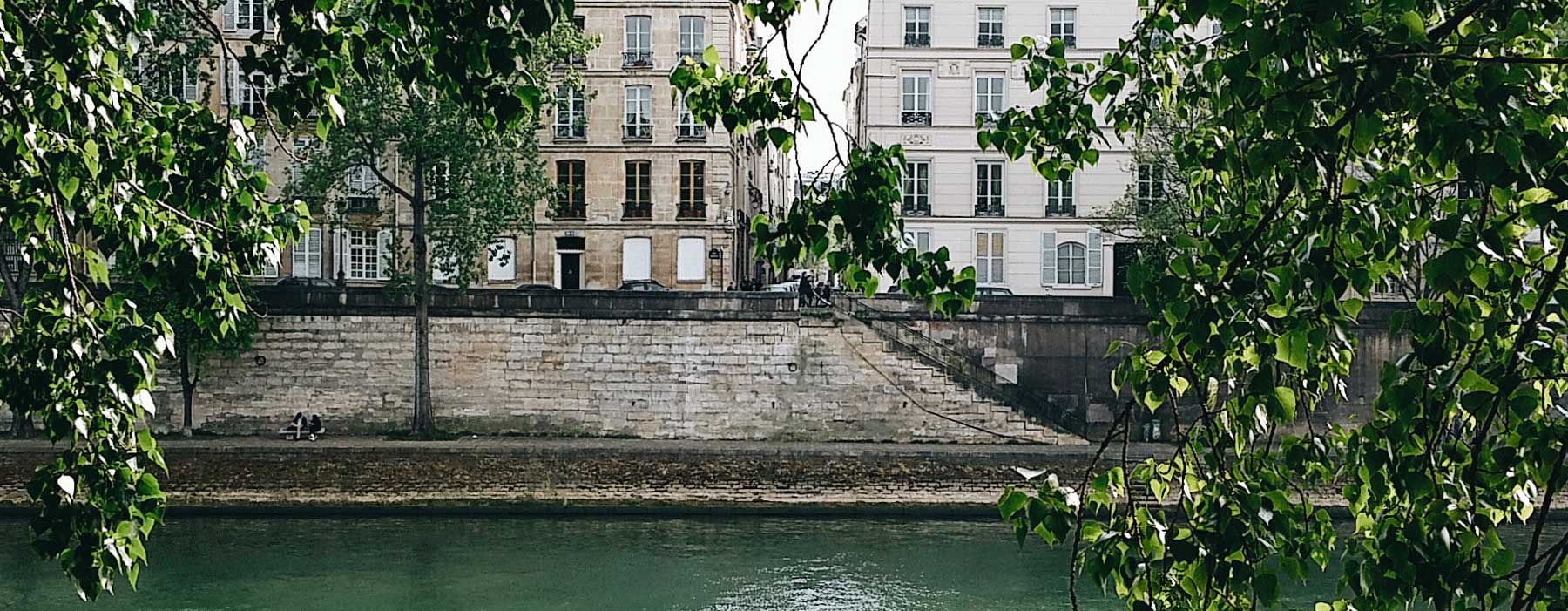
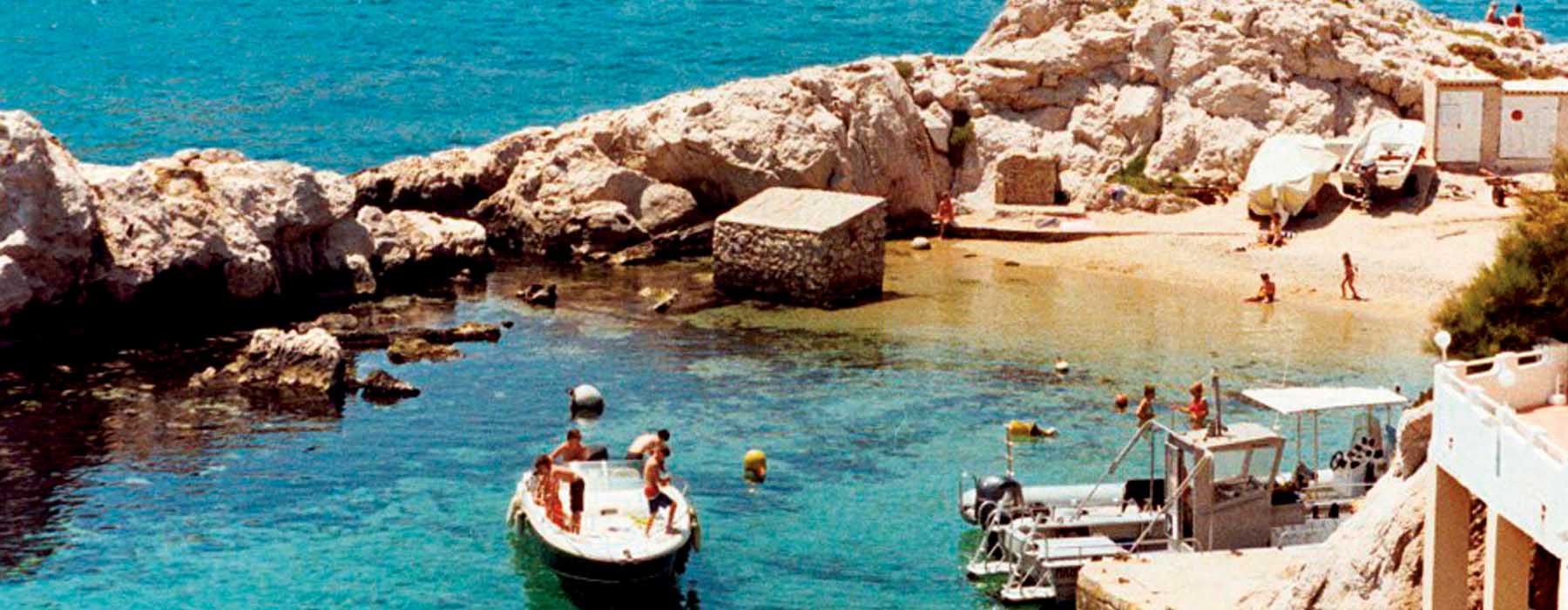
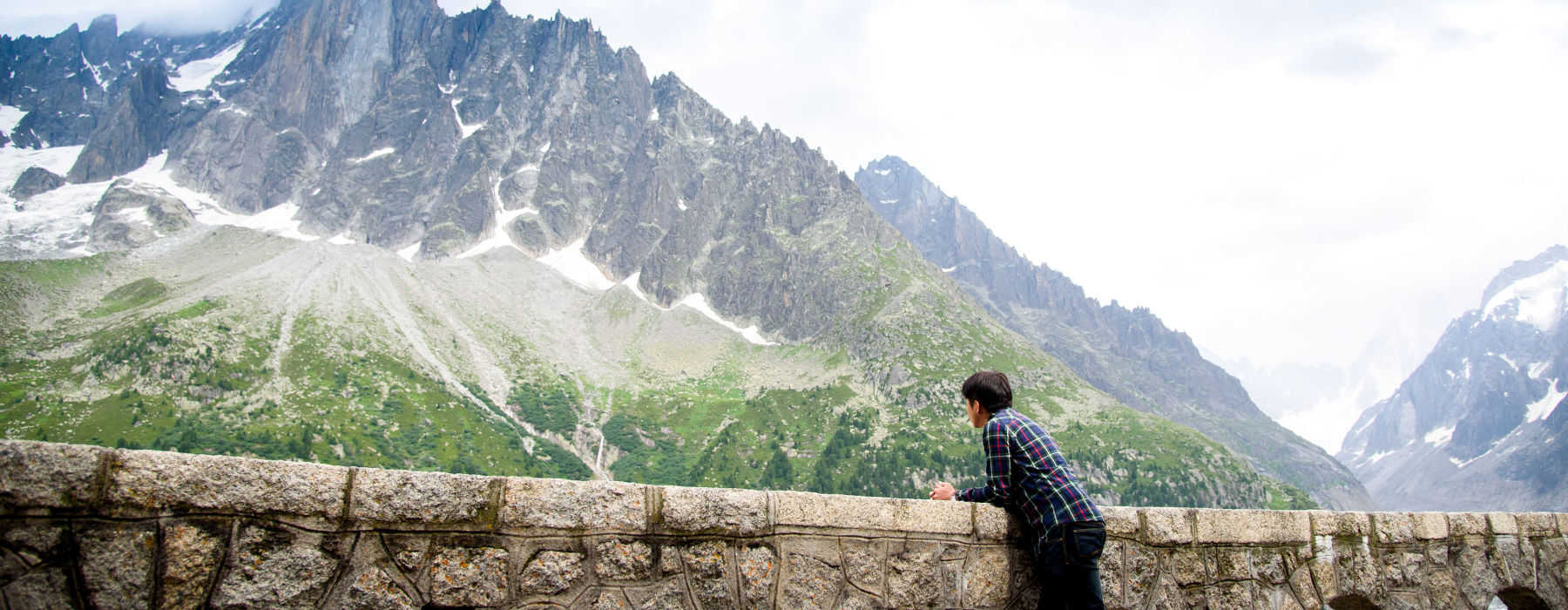
Discover different ways to explore France
Practical advice and inspiration to help you prepare for your holiday
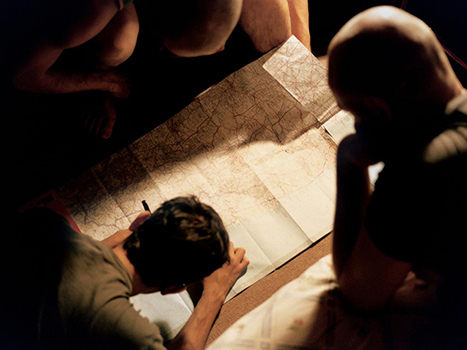
Practical guide
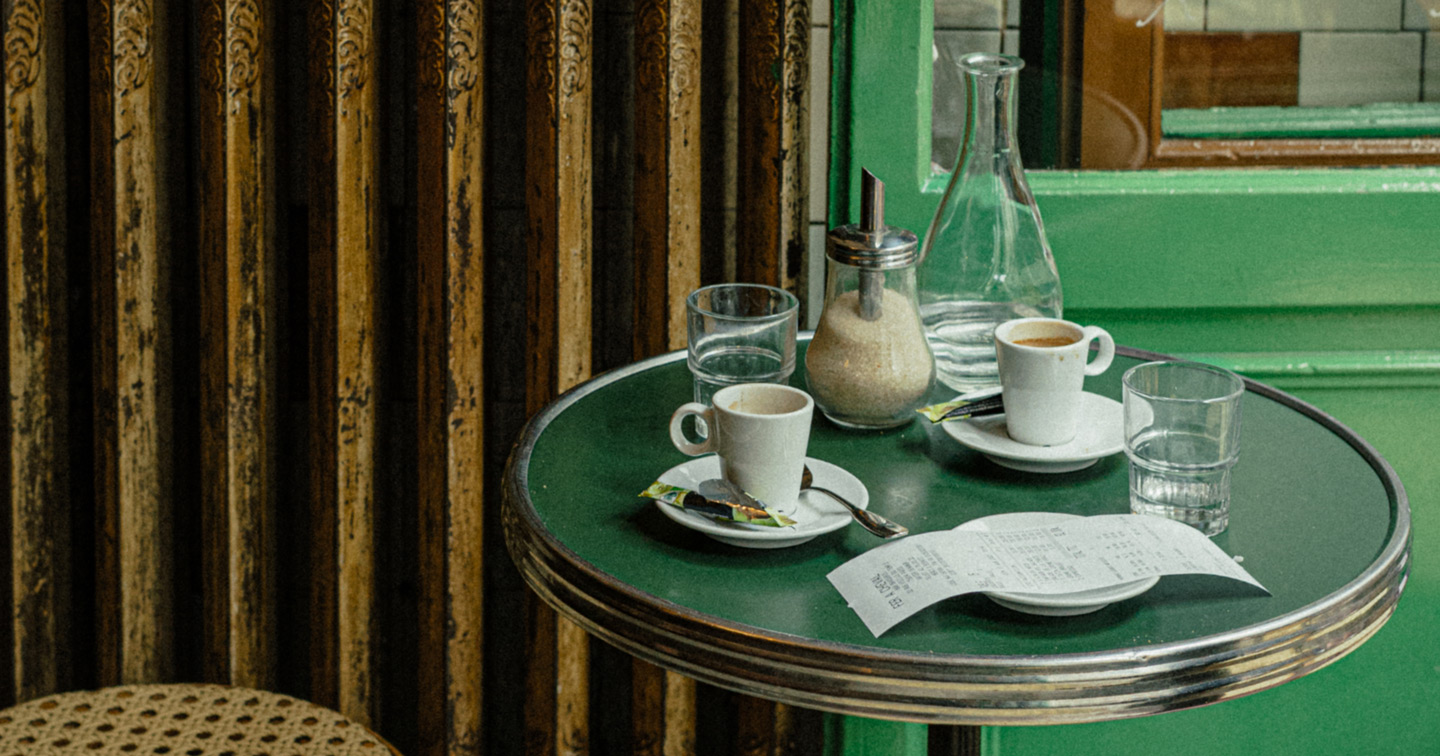
Travel Advice & Information
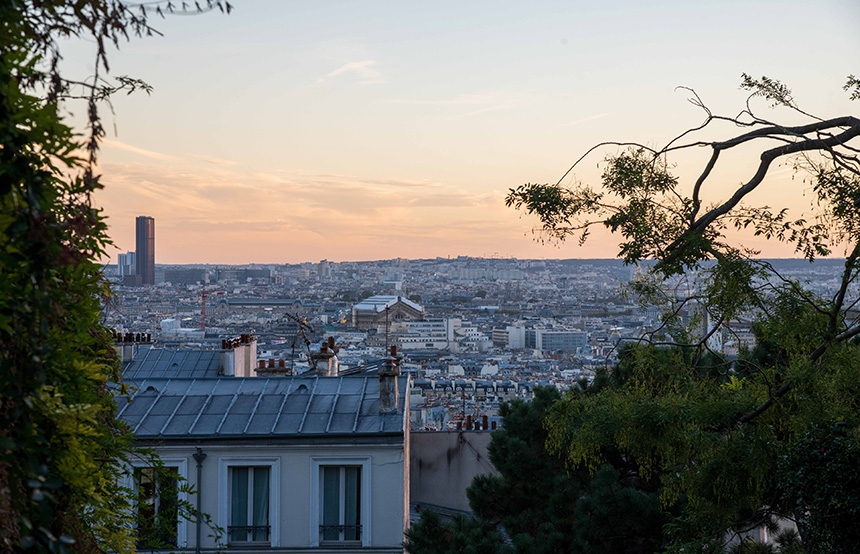
Blog
Our talented consultants, including a Conde Nast Wine Regions Specialist, have explored France from Bordeaux to Burgundy to bring you the best secret experiences (horse ride in the Camargue, anyone?). On the ground, we work with clued-up Concierges who are well-versed in aiding with anything from lost passports to securing tables at exclusive restaurants. For culture-rich experiences, our local guides’ bilingual language skills will help you discover locations like a local.

France is famous for its long and eventful history, world-class culinary reputation and diverse culture made up of different regional identities and communities, which maintain their identity through customs and traditions, from German food in Alsace to Celtic music in Brittany.
France is known across the world for its excellent cuisine. From the smallest café to the grandest gourmet restaurant, you’ll be able to find something delicious to dine on (think beef bourguignon, coq au vin and French onion soup). Typically, the food is rich and packed with flavour, and the French are famed for their wine, bread and cheese.
There are so many specialities across the country that each region has its own flavour and distinct character, from sauerkraut and white wine in the Alsace region and snails and beef in Burgundy, to butter pancakes in Brittany and the iconic Normandy Camembert.
France is indisputably one of the world’s best places for wine including white, red and rosé and it is, of course, the birthplace of Champagne. You can also find Cognac, Armagnac, Grand Marnier, Cointreau, Absinthe and more.
French restaurants run a tight ship. Breakfast and lunch come early, but dinner reservations start late (from about 8pm onwards). The bar, café and restaurant culture is strong in France, and you’ll find plenty of chic places to eat and drink. Some even open early for breakfast and then turn into a bar that doesn’t close until two in the morning.
It’s also important to note that during the Les Grandes Vacances (summer holidays) – which the French take very seriously – many restaurants and smaller boutiques shut so their owners and employees can enjoy the August sun.
Tipping isn’t expected in France, but it’s customary to leave a small tip at your discretion, if you experienced great service. Restaurants usually include a service charge.
The length of the drive will depend on where you start your journey in the UK and where your destination is. Your journey length is also affected by how you cross the English Channel – it takes 35 minutes in the Euro Tunnel from Folkestone to Calais, but an hour and a half by ferry from Dover to Calais.
Toll roads in France (also known as autoroutes) cost between €10 and €50 depending on the size of your car and the road you’re on.
You pay the amount at a booth or machine at the start or end of the toll road, or, in the case of automated toll roads, pay within 72 hours of your journey on the operator’s website.
European plugs (Type C, with two round prongs) are used in France, so make sure you take an adapter for any UK appliances. Electricity is 220V.
Depending on the destination, a flight from London to France can be between one hour and ten minutes and two hours.
France has a temperate climate. The weather is very dependent on the seasons, with mild temperatures (10°C -18°C) and rain in spring, sunshine in summer, damp days in autumn and cold temperatures in winter. Each region of France has a slightly different climate:
France is an hour ahead of GMT. As with most European nations, the country observes daylight savings, so is two hours ahead of GMT during that period.
The official language is French. There are a few different dialects across France, including Basque, Breton, Catalan, Corsican, West Flemish, Franco-Provencal, Occitan and the German dialect in Alsace and Moselle. There’s also the Oil languages. Berber-French and Arabic-French dialects are spoken in Arabic and North African communities.
Knowing a little French will go a long way. Swot up on a couple of French phrases to use with shopkeepers and restaurant staff. Although they will most likely spare you and reply in English, it leaves a good impression. Plus, the further you head into rural France, the more French you’ll likely need to speak and understand.
You must be aged 18 or over and hold a full, valid driving licence (they accept licences issued in the UK). You must be able to present your driving licence to the police if they ask to see it, or you may be issued a fine.
In addition, if driving your own car, you must:
Paris is the capital of France.
Yes, despite many French people preferring bottled water, the tap water in France is safe to drink.
France is in northwestern Europe.
France adopted the euro (EUR) in 2002. Currency exchange can be done in certain banks, which are generally open from 10am to 5pm during the week in Paris, and from Tuesday to Saturday in the provinces. Many are closed over lunch between 1pm and 2pm. Some banks also open on Saturday mornings. Please note that the day before public holidays, banks often close earlier.
ATMs are widely available in department stores, railway stations, airports and near popular sites or post offices.
Yes. In the UK, cash seems almost obsolete, but in France, it’s still king. Some cafés and shops, such as bakeries, often require a minimum spend of €10, which is quite a few baguettes and croissants if you’re low on euros.
France is a secular state where church and state are entirely separate. The country hasn’t collected data about religion since the 1972 census, but traditionally, Catholicism has been the most common religion.
France has 12 time zones, if you count its overseas territories. However, there’s only one time zone in mainland France.
In large cities, bakeries and food shops open very early in the morning and close around 7pm or 8pm (or even later in Paris). They usually close on Sunday afternoon and one day in the week.
Most other businesses open between 9am and 10am, and close between 7pm and 8pm. In the provinces, they often close at lunch time from 1pm to 2pm and are open from Tuesday to Saturday (except holidays).
Large supermarkets are often open until 9pm or 10pm. Each city or provincial town/village also has its weekly market where you can purchase regional products such as cured meats, local wines and ciders, and homemade honeys and jams.
The population of France is 66,645,527 (2025).
Your passport should be valid for the entirety of your stay, for trips of up to three months in duration, and have a date of issue less than ten years before your arrival date.
British citizens do not need a visa to go on holiday in France if their trip is 90 days or less. Make sure officials stamp your passport on entry and exit.
You must be up to date on your vaccinations for life in the UK.
You have to start with Paris, l'épicentre of all things French. Until recently we thought twice about featuring a city so familiar to so many, but Paris might be the perfect victim of this era of social media-led information overload. So many boutique hotels to choose from, so many delicious bistros to sample, so many opinions on both. As a result, we are starting to work with a select few hotels that we think are best in show (or at least best in arrondisement) and we'd like to think our dossier of places to eat and drink in the city is so up to speed that a weekend in the City of Lights should be the perfect Big Short Break.
If you're looking to take your French foray further afield, there's some place called the Cote D'Azur that allegedly has some nice places to stay and rather attractive coastal scenery. You may have heard of it. The wider region of Provence, with its trademark lavender fields and honey-coloured stone villages, really does come close to God's own country. Despite what Yorkshiremen might have to say on the subject.
Over in the Alps, bon skiveurs will know all about the classic French ski resorts of the Trois Vallées, but Chamonix and Val d'Isère certainly give the holy trinity a red run for their money.
Heading west, the gastronomic heartland of France is not Paris, but the lovely city of Lyon with its ancient city centre, complete with mysterious traboules, secret passages dating back to the Middle Ages. Lyon is also the perfect place from which to strike out on your luxury holiday and explore the legendary wine regions of Burgundy and the Rhone Valley.
On the subject of wine, no lover of the grape could ever get bored with Bordeaux. The city itself is worth a look, built as it is on the profits of the sale of its most favourite export, but the wider wine region is just a very special place with the idyllic town of St Emilion a particular favourite.
Last but by no means least is a French island with Italian influences, which surely must rate as the most unbeatable of luxury holiday combinations. Corsica, the island in question, is an incredible holiday itself, but also makes a great combo with Paris or the Cote D'Azur.

Our team of destination experts will get to know you and your unique requirements for your holiday

We work with you to build an ultra-personalised holiday itinerary with your choice of accommodation, experiences and activities

All of our holidays include little extras designed to make a big difference to your trip, from fast-tracking you through airport check-in and security to our network of local Concierges